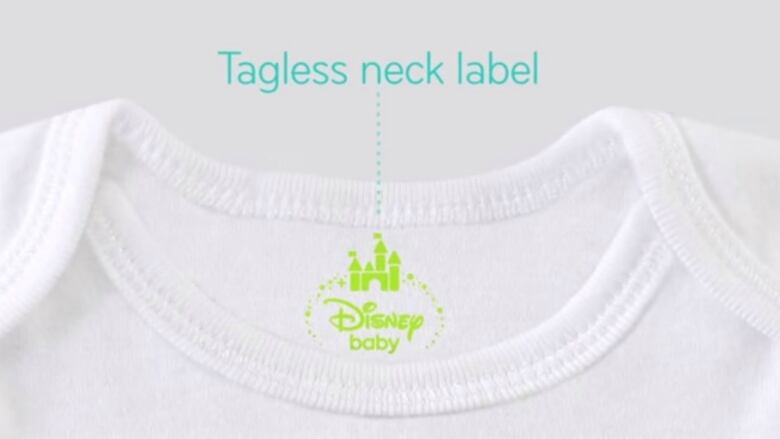Advertisers target newborns to build brand preferences
Marketing campaigns aim at youngest potential consumers and their parents

Being parents of young children can bemore expensive than ever. But much of that spending is driven by marketers eager tocapture ever-younger consumers before competing brands beat them to it.
Since being posted to YouTube on Jan,1, this ad has racked up almost twomillion views. It shows some of the first babies born over the New Year, from all overthe world, along with their mothers.
The brand thats being advertised is Fisher-Price, which clearly wants to start sellingtoys to parents the instant their child is born.
Heres another marketer eager to get itsfoot in the maternity room door.
By offering products for newborns, Disney can imprint its brand as early as possible. So asbabies become kids, theyll ask for Disney princess outfits, insist on seeing Toy Story 4and come to expect annual trips to Disneyland.
Another way companies gain access to parents is through the baby itself. In an interview on Q,YorkUniversity PhD candidate Cheryl Williams describedhow Fisher-PricesLearning Letters Monkey app targets babies sixmonths and over.
"The baby is actually bonding with these characters in the app because they're playing with them everyday... And then they're in the shopping cart in the store with their parents and they see the line of monkey toys on the shelves and it's natural they'd be pointing and gesturing.So they've then indicated a purchase preference to their parents before they're even able to speak," she said.
But it gets worse. A company called Citrus Lane gets new parents to pay to have abox of random baby products delivered to their home every month.
These arent things parents have said they need or even want.Theyre just a sampling of new products that manufacturers would like parents to try inthe hope that they and baby will become hooked.
"The younger and younger children are being advertised to, the more normal it is, the idea of consumption and buying and purchasing and wanting things and developing these needs," Williams said. "So by the time a child is in kindergarten, they have a very clear sense of products and consumerism and materialism and what they want."
Thanks to marketers, parents learn the best way to provide love and care forbabies is to buy them the latest toys, fashion and brands.
Bruce Chambers is a syndicated advertising columnist for CBC Radio.












_(720p).jpg)


 OFFICIAL HD MUSIC VIDEO.jpg)
.jpg)



























































































